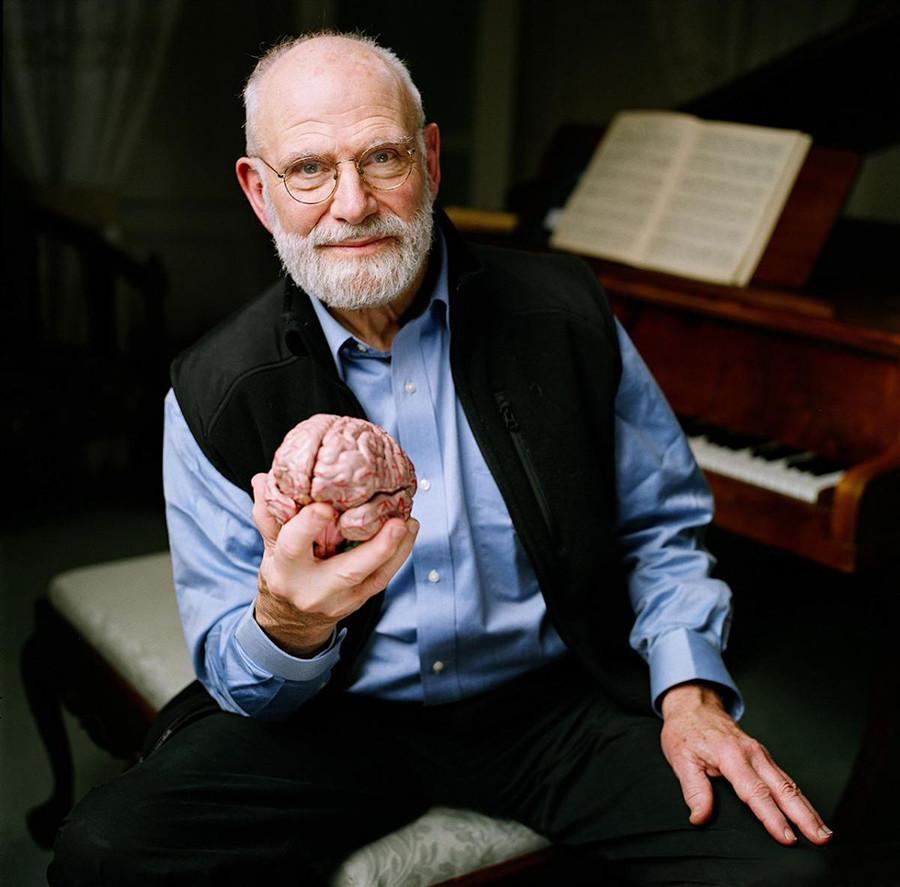In Memoriam: Oliver Sacks
Dr. Sacks was professor of Neurology at NYU School of Medicine.
September 7, 2015
Oliver Sacks, the neurologist and acclaimed author, died on August 30 after a long battle with cancer. He was 82.
Sacks was a professor of neurology at the NYU School of Medicine. He went to Oxford University for his medical degree.
Many of his books comprised in-depth case studies of past patients, allowing readers a greater insight into the way the mind works and a look at dealing with various neurological disorders. He gained fame after his 1973 book “Awakenings,” was adapted into a 1990 film starring Robin Williams. While he wrote a number of memoirs, his most comprehensive biography, “On the Move: A Life,” was published earlier this year.
Sacks was diagnosed with ocular melanoma nine years ago, and despite treatment that left him blind in one eye, the cancer continued to spread. He wrote about his battle with cancer and his coming to terms with it in an op-ed for The New York Times in early 2014, giving a look inside the head of a man known for looking inside the heads of others.
“Above all, I have been a sentient being, a thinking animal, on this beautiful planet, and that in itself has been an enormous privilege and adventure,” Sacks wrote.
Orrin Devinsky, the director of the NYU Comprehensive Epilepsy Center and a close friend of Sacks’s for 25 years, shared what he felt made Sacks so special.
“I referred many patients to Oliver for a second opinion, and the response was almost invariably the same: I would receive a note that was five or six pages long, filled with insights into this person I had known for a decade, about their families, their desires, fears and their inner life, their strengths and weaknesses,” Devinsky said. “And then the patient would see me a week or month later and tell me it was the most remarkable experience, asking, ‘When can I see Dr. Sacks again?’ Everyone loved him — patients, staff, colleagues.”
Devinksy took Sacks to his first — and last — baseball game, a sport with which Sacks never really seemed to engage.
“He had the most multilayered and nuanced mind I have ever known, so that while the rest of us spoke and thought in words, he thought and wrote in chords,” Devinsky said.
A version of this article appeared in the Tuesday, Sept. 8 print edition. Email Alex Bazeley at [email protected].




























































































































































